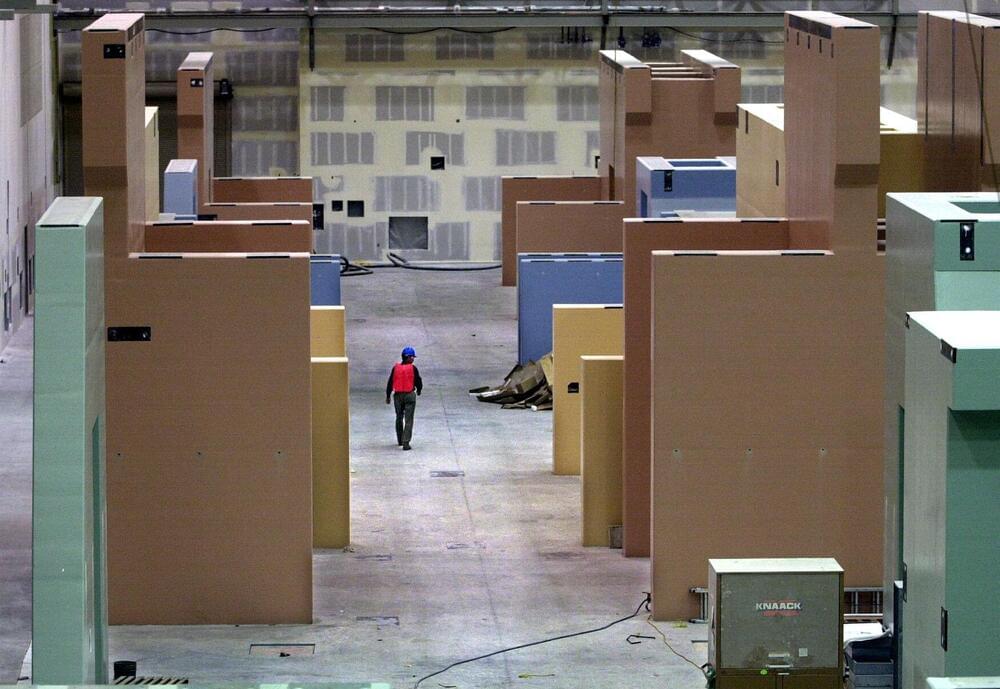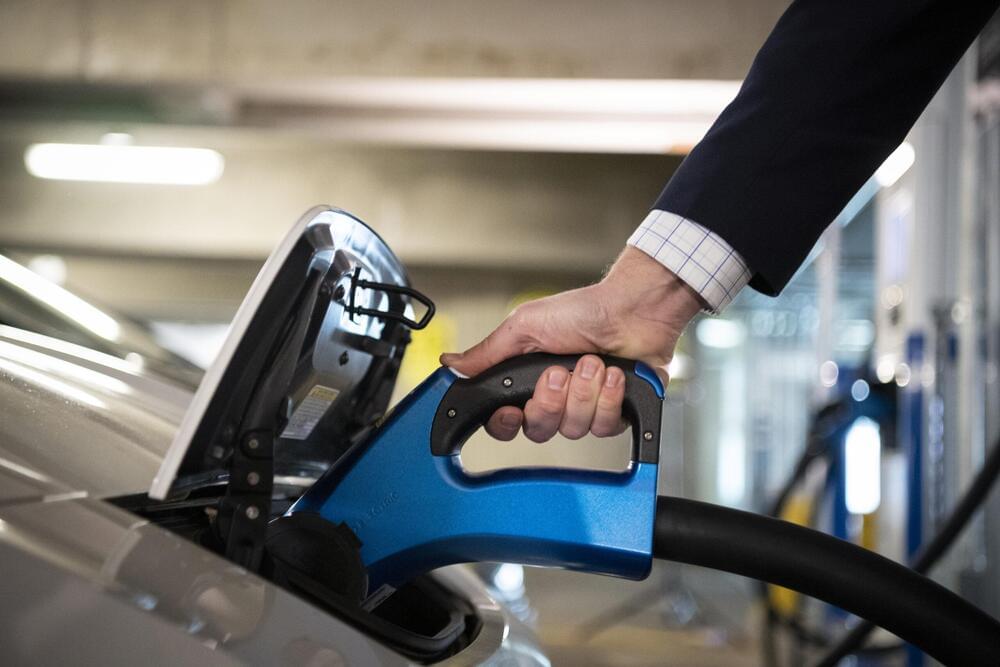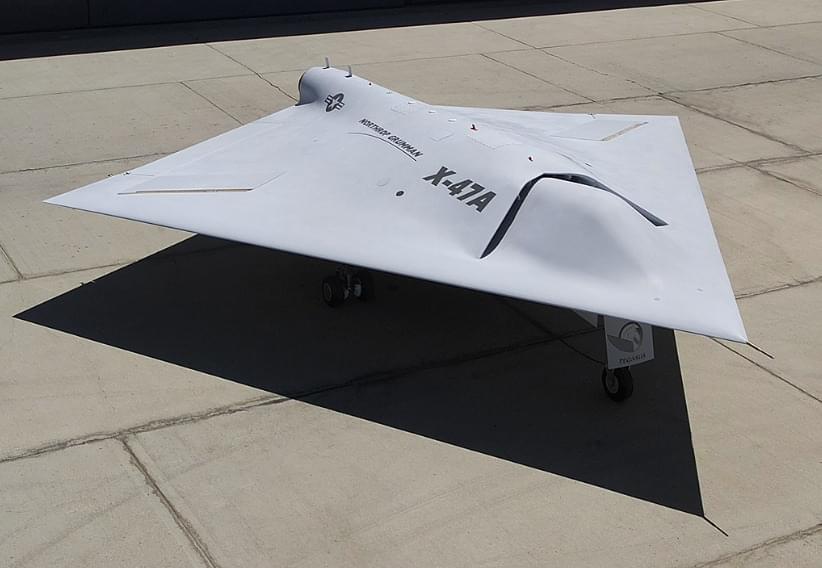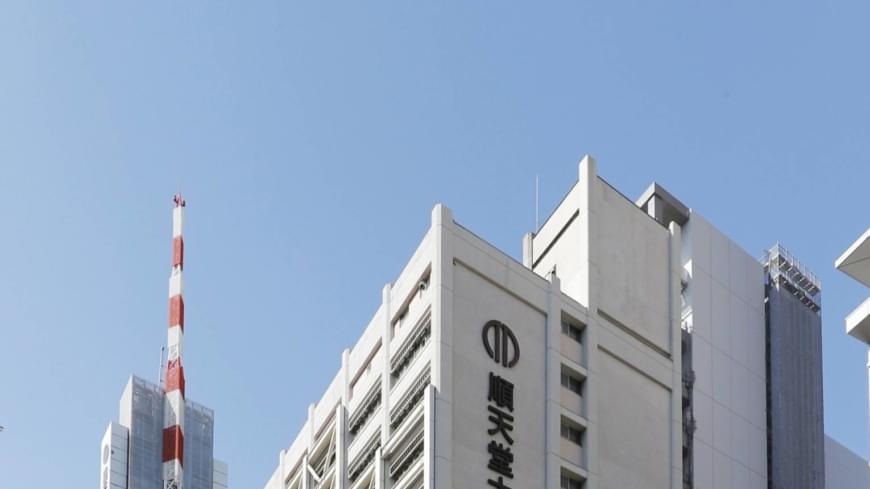
A nervous excitement hangs in the air. Half a dozen scientists sit behind computer screens, flicking between panels as they make last-minute checks. “Go and make the gun dangerous,” one of them tells a technician, who slips into an adjacent chamber. A low beep sounds. “Ready,” says the person running the test. The control room falls silent. Then, boom.
Next door, 3 kilograms of gunpowder has compressed 1,500 liters of hydrogen to 10,000 times atmospheric pressure, launching a projectile down the 9-meter barrel of a two-stage light gas gun at a speed of 6.5 kilometers per second, about 10 times faster than a bullet from a rifle.
On the monitors the scientists are checking the next stage, when the projectile slams into the target—a small transparent block carefully designed to amplify the force of the collision. The projectile needs to hit its mark perfectly flush. The slightest rotation risks derailing the carefully calibrated physics.


















